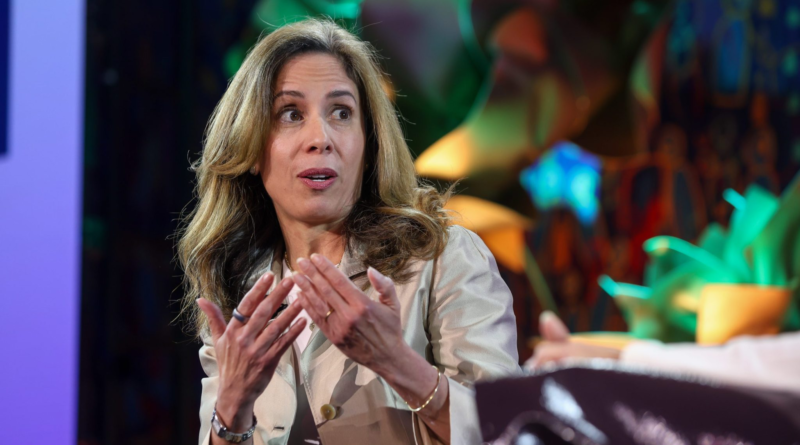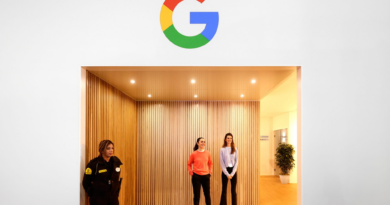Fannie Mae CEO warns of ‘confidence gap’ limiting women’s homeownership—and its implications
A woman’s dream of buying a home isn’t just about having a lime-green kitchen like Dakota Johnson or an exact replica of David Harbor’s NYC loft. Rather, homeownership is all “about agency,” in the words of Fannie Mae CEO and president Priscilla Almodovar.
At Fortune’s Most Powerful Women Summit on Tuesday, Almodovar unpacked the high-stakes legacy of wealth building known as real estate. Joining her at a panel entitled “Closing the Wealth Gap” was Sallie Krawcheck, cofounder and CEO of Ellevest.
Women’s wealth
Women have made strides as homeowners despite having to navigate the trappings of a patriarchal society. As it stands, there are more single women than single men who are homeowners, said Almodovar.
“It’s women’s time,” she continued. “The wake of women, when you invest in women, is way more powerful than just that individual,” Almodovar explained, pointing to the flow of wealth from women breadwinners to their families. Indeed, women are often assigned caregiving responsibilities of both their parents and children, if they have any, due to gendered norms. So, a leg up for them can represent a leg up for many.
“Nothing bad happens when women have more money,” asserted Krawcheck, adding that their wealth building leads to greater spending and a growing economy. Women uphold and fuel the economy—accounting for $20 trillion in annual consumer spending, per Harvard Business Review.
Even so, hurdles remain. Only 30% of women report that they have the confidence to go through the mortgage process, said Almodovar, calling it a “confidence gap.”
Homeownership hurdles
“The lack of understanding for women really just amazes us,” she said. “There’s a lot of work to be done there. And homeowners, of all genders, find themselves facing long-term costs like rising insurance costs (as impacted by climate change), taxes, and simple maintenance.”
Claiming that women have a larger disconnect in terms of the down payment needed to buy a house than men do, she explained this issue becomes sharper with younger women. “Zillennials—that’s our future homeowner, that’s the cohort, and they’re the ones that don’t understand what it takes to own a home,” she said.
Part of the problem is what women are told they can achieve, said Krawcheck, as “they receive negative money messages their whole lives” regarding financial planning.
Pointing out that the gender wage gap leaves many women stuck in marriages, jobs, and lives they’re unsatisfied with, Krawcheck added that homeownership is one of the only scalable, predictable markers of building wealth besides investing. While homeownership is just part of the puzzle, said Almodovar, it’s especially important for older women.
“When you look at older women, in terms of their wealth, 66% comes from their home equity,” she noted. “That seems high, but it’s not because they have more equity in their home. It’s because they don’t have other assets,” she said, adding that the average person is at 50% of their wealth from home equity but because they have other assets.
Housing crisis
While women are scaling the hill of homeownership, it’s still an incredibly difficult time to enter the market. “I’ve been doing housing for a long time. It is the first time that I could remember where both sides are talking about housing,” Almodovar said of the presidential election, noting that it demonstrates the “affordability crisis” at large.
Hitting underserved and low-income households more, the housing dilemma persists for all ages and income levels, noted Almodovar. Calling out the later average age of homeownership, continually rising prices, and Gen Zers living at home longer, Almodovar noted that as an issue “housing is not going to go away.”
On the other hand “it’s an exciting time,” she said, “because people, you know, are finally saying, ‘What’s up with housing?’”
The Broadsheet: Covers the trends and issues impacting women in and out of the workplace and the women transforming the future of business.
Sign up here.




